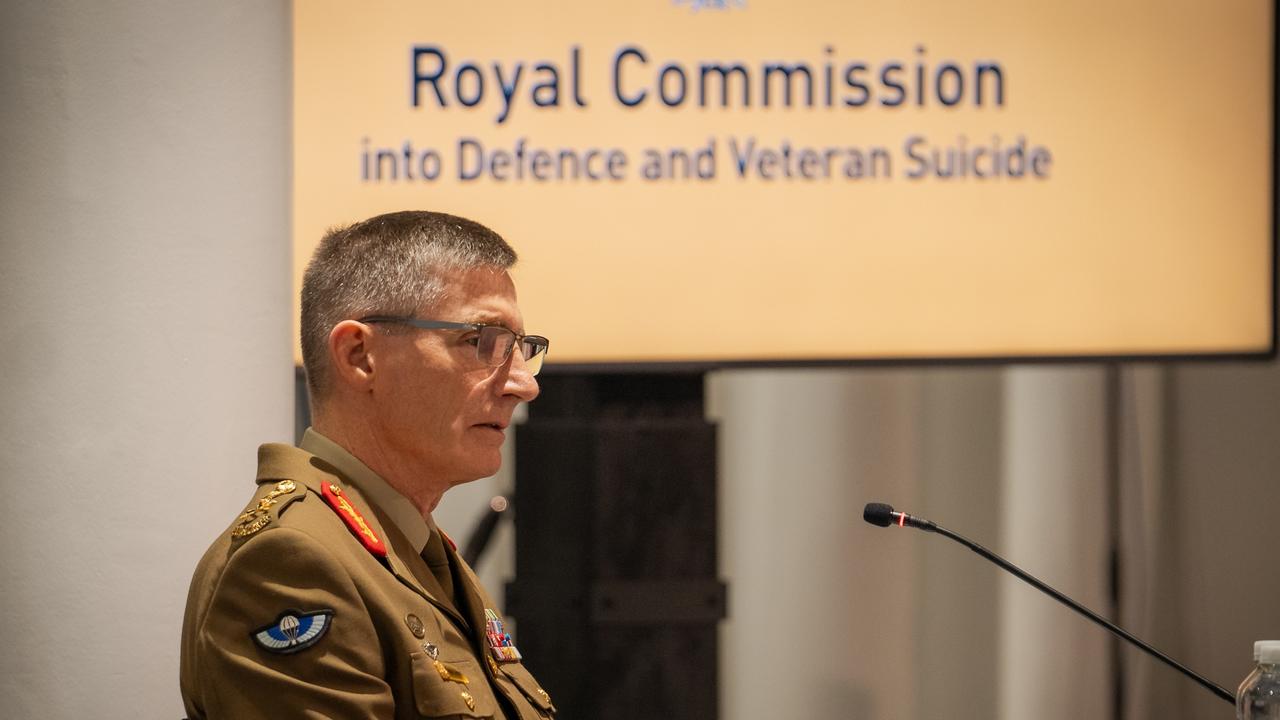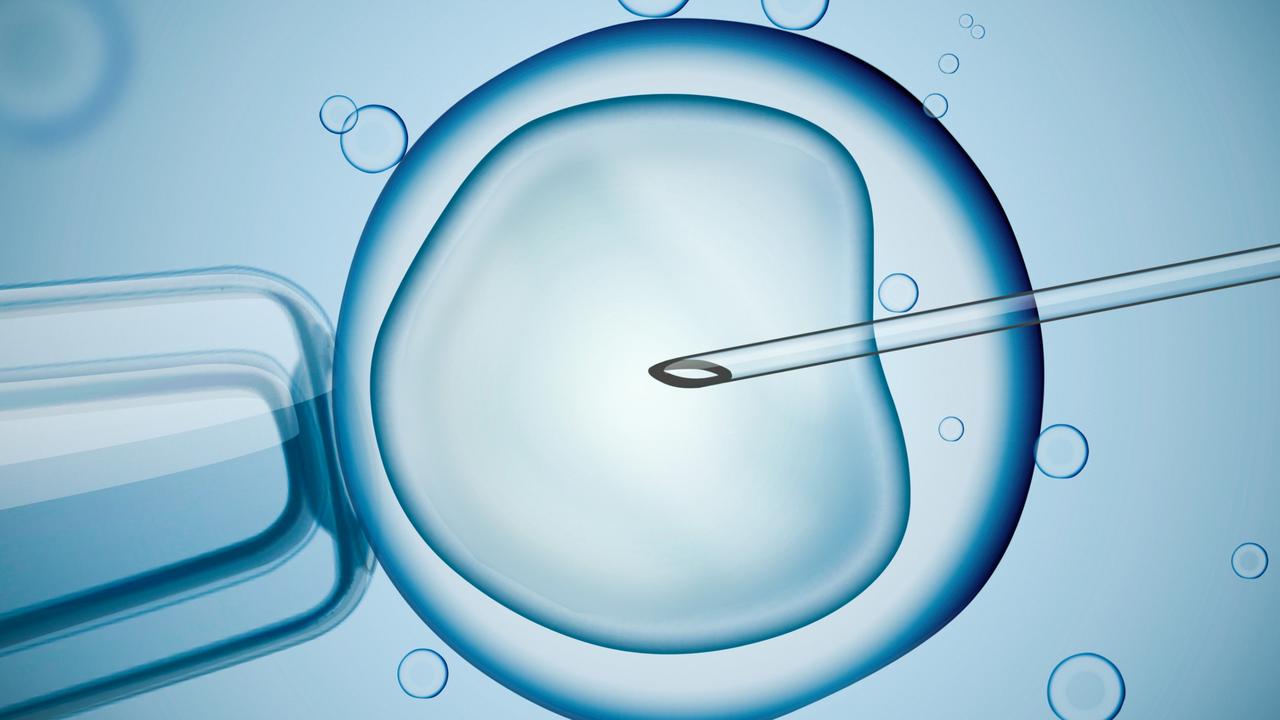When we eat is as important as what we eat
WE SPEND plenty of time worrying about what we eat, but it turns out the timing of our meals is very important as well. Here’s what you should know.

Health
Don't miss out on the headlines from Health. Followed categories will be added to My News.
IT IS safe to say that the days of enjoying breakfast at 7am, lunch at 12pm and dinner by 6pm are long gone.
Rather we are lucky if we get breakfast by 9am, lunch by 2pm and dinner can regularly be consumed after 8pm at night. While we spend much time discussing ‘what’ we should be eating, far less is given to the times in which we do consume our calories and it appears that this may actually be far more important when it comes to weight control than we ever considered.
A study published in the journal Cell Metabolism recently explored the eating patterns of 150 study participants who took a photograph of everything that they ate and drank over a three-week period. Researchers found on average fewer than 25 per cent of an individual’s total calories were consumed before 12pm, while more than 35 per cent were consumed after 6pm at night. This finding prompted researchers to look more closely at the benefits of limited calorie intake to a fewer number of hours each day and in a second study asked a smaller cohort of just eight participants to limit their eating to between 10-12 hours each day, leaving the body with at least 12 hours without food. This simple act saw participants reduce their total calorie intake by 20 per cent.
Such findings, while from a relatively small intervention study do remind us that perhaps modern lives see us eat for too many hours of the day, leaving us eating far too many calories. If this scenario sounds familiar, here are some easy ways to help condense down your own eating hours, and reduce your calorie intake significantly as a result.
Commit to eating first thing
You do not need to sit down to a three course meal at 7am, but the simple act of consuming a couple of hundred calories when you first wake up has a number of benefits. This can be achieved via a milk based coffee, tub of Greek yoghurt or a slice of wholegrain toast with an egg or cottage cheese, all options which can be consumed quickly and give the body a much needed metabolic kick start after a number of hours without food. The human body is programmed according to a circadian rhythm which means are bodies are programmed hormonally to burn during the first half of the day, and store at night. And if this is not reason enough to grab a light breakfast first thing, studies have repeatedly shown that skipping breakfast results in individuals consuming more calories for the remainder of the day.
Create time for lunch
One of the biggest dietary issues associated with busy lifestyles is that lunch gets displaced. Rather we snack throughout the morning on coffee, fruit and yoghurt and do not end up eating a substantial meal until late in the afternoon or life takes over and busy parents and office bound workers forget to eat until midafternoon. The issue with this is twofold, firstly it means our calorie intake continues to be shifted later in the day and secondly, we often do not eat a substantial meal, rather snack on carbohydrate rich snacks and bread based meals on the run. One of the easiest ways you can take greater control of your daily calorie intake is to prioritise an early, well balance meal by 1pm each day. Rather than snack late in the morning, opt for an early lunch and think of it as a meal — leftovers, large salads with protein and carbs or a small hot meal will work wonders when it comes to keeping you full for the remainder of the day.
The later you eat dinner, the lighter it needs to be
Most importantly, if you do regularly eat your final meal of the day late at night, remember, the later you eat, the lighter your meal needs to be. This means heavy rice, pasta and take away meals need to go in favour of light grills, salads or soups. If your goal is weight loss, one option may be to shift your main meal to lunchtime and then enjoy a light meal late afternoon. Another option that can work well is splitting your dinner and enjoying half late afternoon and then another smaller serve when you do finally arrive home. Overall the goal is to aim for a minimum of 10-12 hours without food overnight to help reduce your overall calorie intake.
Originally published as When we eat is as important as what we eat






